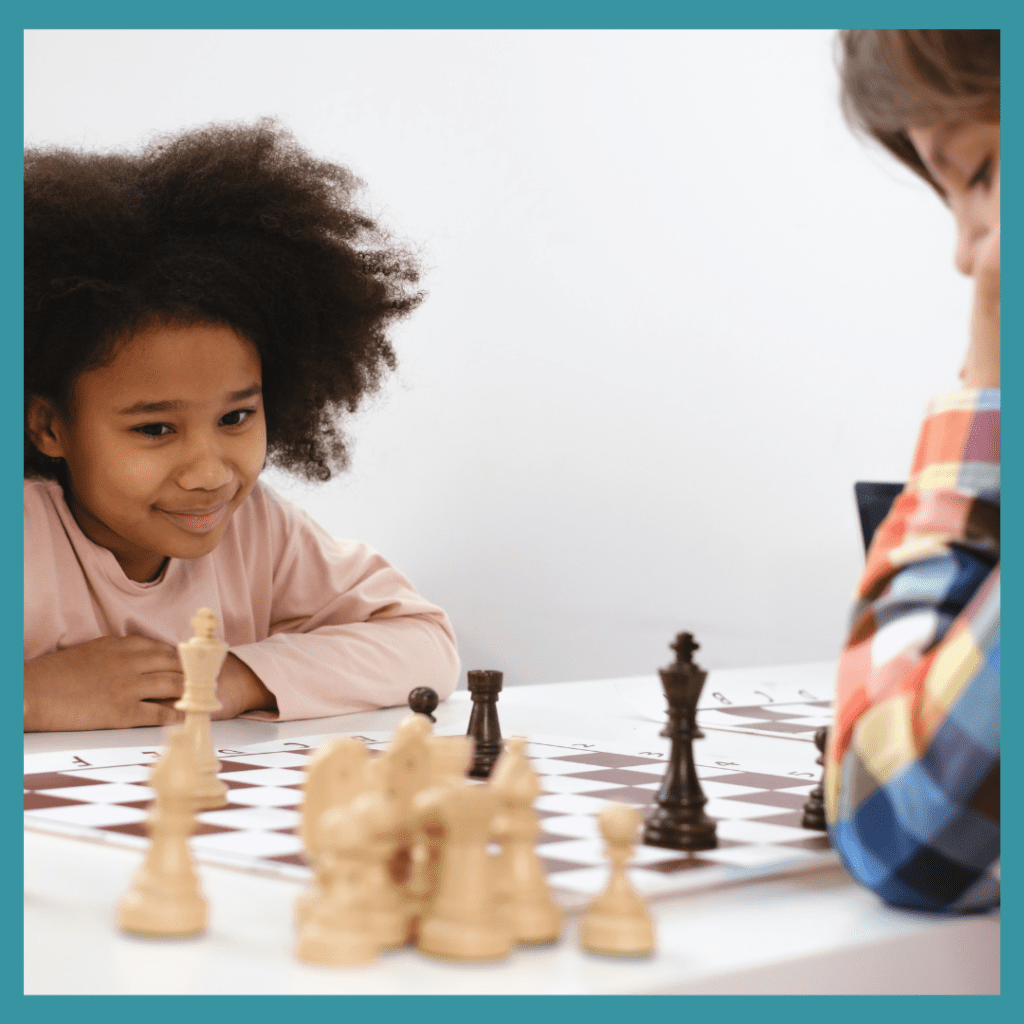Board games are a fun and engaging way for children to learn and develop a variety of essential skills. Beyond the entertainment value, playing games offers numerous educational benefits that support social, cognitive, and emotional development.
Here’s how board games can positively impact children in the classroom:
1. Practice Social Skills
Board games often involve multiple players, which provides a great opportunity for children to practice important social skills. Taking turns, sharing, and cooperating with others are all essential aspects of gameplay. These interactions help children learn how to navigate social situations, develop patience, and understand the value of fair play.
2. Make Decisions Regarding Strategy
Many board games require players to make decisions and develop strategies to win. Children learn to think critically and plan their moves carefully, considering the possible outcomes of their decisions. This process helps them improve their decision-making skills and teaches them the importance of thinking ahead and evaluating different options.
3. Board Games Develop Counting Skills
Board games often involve counting moves, spaces, or pieces, which helps children practice and reinforce their counting skills. This repetitive practice strengthens their understanding of numbers and basic math concepts, providing a fun and interactive way to build a strong mathematical foundation.



4. Communicate and Interact
Playing games requires communication, whether it’s explaining the rules, discussing strategies, or negotiating trades. These interactions encourage children to express their thoughts clearly, listen to others, and engage in meaningful conversations. These games provide a natural and enjoyable way for children to develop and enhance their communication skills.
5. Practice Emotional Control
Winning and losing are both part of playing board games, and children must learn to handle these outcomes gracefully. When they don’t win, they have the opportunity to practice emotional control, managing disappointment, and understanding that losing is a natural part of games. This experience helps build resilience and teaches them how to cope with setbacks, which is an important life skill.
6. Follow Directions
Board games come with rules that players must follow to participate effectively. Children learn to listen carefully to instructions, understand the rules, and adhere to them throughout the game. Following directions in this context helps children develop discipline and the ability to follow guidelines, both of which are crucial for success in academic settings and beyond.



Board games offer a wealth of educational benefits that extend far beyond simple entertainment. By playing games, children practice social skills, enhance their decision-making abilities, develop counting skills, and improve their communication. Games in your classroom or home provide opportunities for children to grow, learn, and succeed.
Happy Learning,
Lynda






